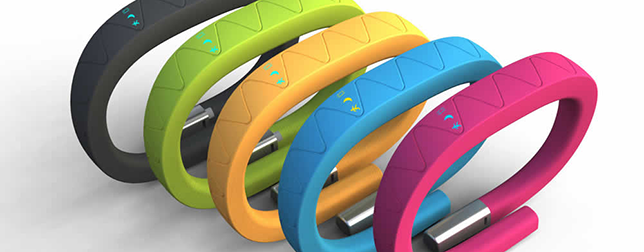According to a recent document, Walmart is seeking to protect a method that allows a patient’s Electronic Health Record (EHR) to be obtained from a blockchain-based system even if they aren’t able to communicate.
The proposed system would allow first responders on the scene to access the medical records of such non-responsive patients by using a radio frequency identification (RFID) scanner to scan the patient’s wearable device, such as a bracelet. The bracelet would contain the “private keys” (decryption code) needed to decrypt that patient’s medical records stored on a blockchain.
Read more Qardio Launches Remote Patient Monitoring While Increasing Revenue Opportunities
To authenticate access, additional biometric scan of the patient’s fingerprint, face, retina or iris would be required.
According to the patent, only records relevant in an emergency situation would be stored on the system, securing the patient’s privacy.
“If medical records were stored on the blockchain, the private key of the patient would be needed to view/modify the records. In the case where a user is unconscious or incapacitated in an emergency, a first responder could not access the user’s medical records stored on the blockchain,” Walmart said. “Thus, there is a need for a method and system for obtaining a medical record stored on the blockchain when the owner of the private key cannot readily provide the private key.”
The system seeks to speed up access to information that could help save the patient’s life, and the patent suggests that data could be further distributed to emergency room staff at hospitals via a series of Internet of Things (IoT) devices.
The patent application, “Obtaining a Medical Record Stored on a Blockchain from a Wearable Device,” was filed December 14th, 2016 and granted June 14th of this year.
It is unclear, however, why the records would need to be stored on a blockchain and not on a more simple and efficient database that can be accessed through public-key cryptography.
For the past few years, “blockchain fever” has been all the rage as businesses have sought to manipulate Bitcoin-like efficiencies on privately-controlled data systems. Last month Wearable Technologies reported that HTC is working on a blockchain-powered Android smartphone.
With each passing month, it is becoming more apparent that Walmart is interested in entering healthcare market. Last month, the retail giant signed a deal with Sharecare and in April, news broke that Walmart was in talks to acquire PillPack, a New England-based virtual pharmacy, and showed an interest in buying Humana.
Walmart’s incursion into blockchain seem to be mushrooming as well. After starting tests with IBM’s platform in 2016, reports surfaced in late April that the company was ready to implement blockchain technology in its live food business.
Furthermore, there were two non-healthcare blockchain applications that accompanied the EHR patent: a system for managing demand within an electrical grid, and another regarding access to real or virtual spaces.













